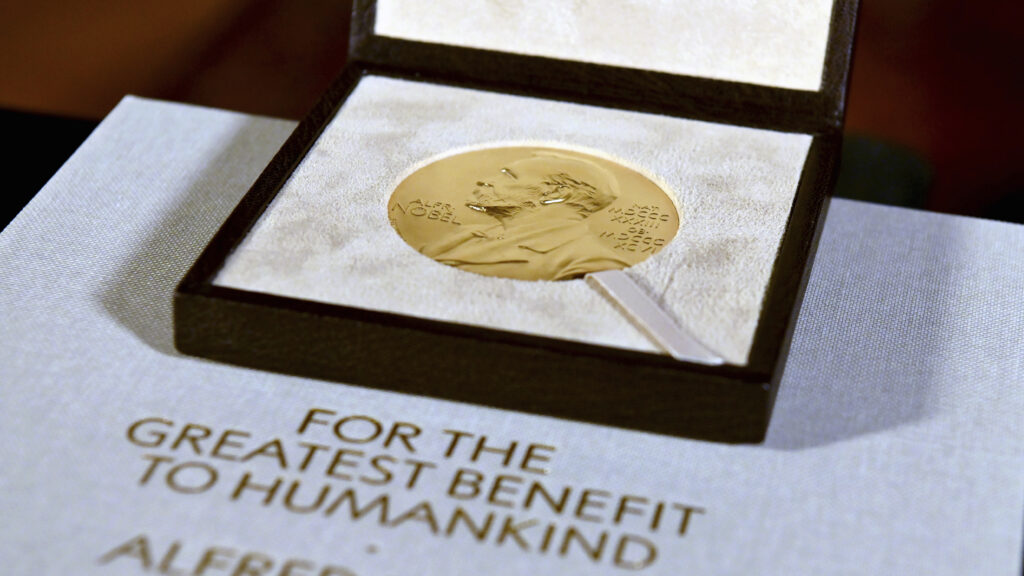Eight weeks ago, surrounded by flowers, fanfaring trumpets, and the applause of a packed Stockholm Concert Hall, Victor Ambros accepted his Nobel Prize from King Carl XVI Gustaf of Sweden. For Ambros, a worm geneticist who grew up on a dairy farm in Vermont and is now a professor at the UMass Chan Medical School, it was like nothing he’d ever experienced — an exuberant, sparkling celebration of science and the ways it has changed humanity for the better.
Now, back in the U.S. and two weeks into the second term of President Donald Trump, the regard for science couldn’t be more different. Ambros fears that the government structures that made his and his co-awardee Gary Ruvkun’s work possible, and have made America the world leader in biomedical research, may not survive the next four years.
advertisement
While other presidents have pushed to curtail certain kinds of science for political reasons — remember the restrictions on embryonic stem cell research under George W. Bush — Trump’s latest attempts to remake America’s scientific enterprise in his ideological image is “unprecedented,” Ambros said.
It’s still early days, and the full extent of how the various pauses in agency communications, funding freezes, presidential orders, Cabinet appointments, and other executive actions will impact America’s biomedical research enterprise remains unclear. STAT contacted two dozen of the nation’s top top life scientists, including 17 Nobel laureates, to see what they make of this moment of uncertainty and what it may foretell for the future of science in the U.S. In emails and interviews with eight of them, they decried the new administration’s attempts to control scientific inquiry across government and private institutions, but also bemoaned the lack of vocal opposition from the scientific community, whose response has been characterized largely by private panic and public silence.
Acknowledging the widespread fear of retaliation among early-career researchers if they speak out, a number of the laureates called on the National Academies — whose members are preeminent scientists, physicians, and engineers — and the biotechnology industry to lead the charge in resisting the Trump administration’s attacks.
STAT+ Exclusive Story
Already have an account? Log in


This article is exclusive to STAT+ subscribers
Unlock this article — plus in-depth analysis, newsletters, premium events, and news alerts.
Already have an account? Log in
To read the rest of this story subscribe to STAT+.

